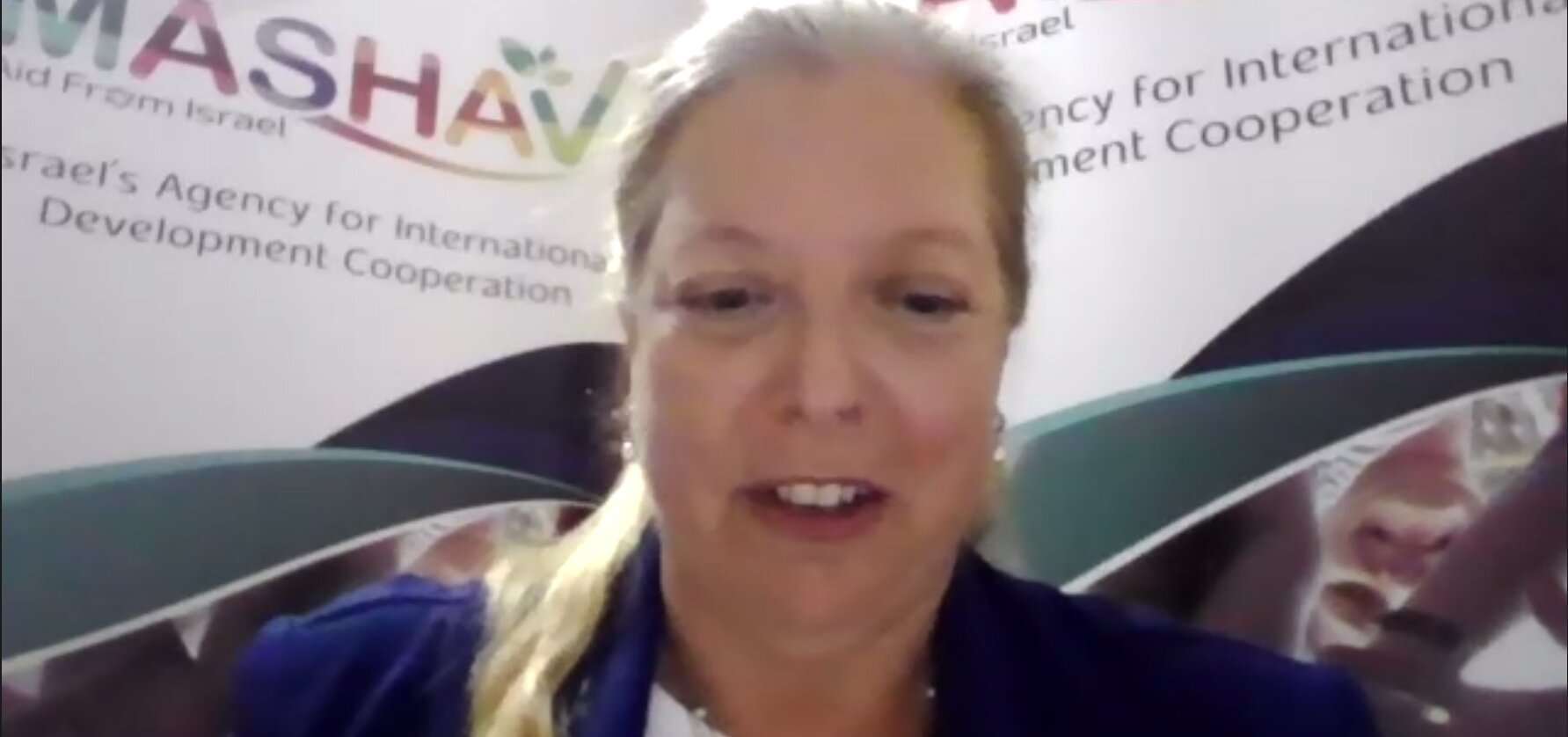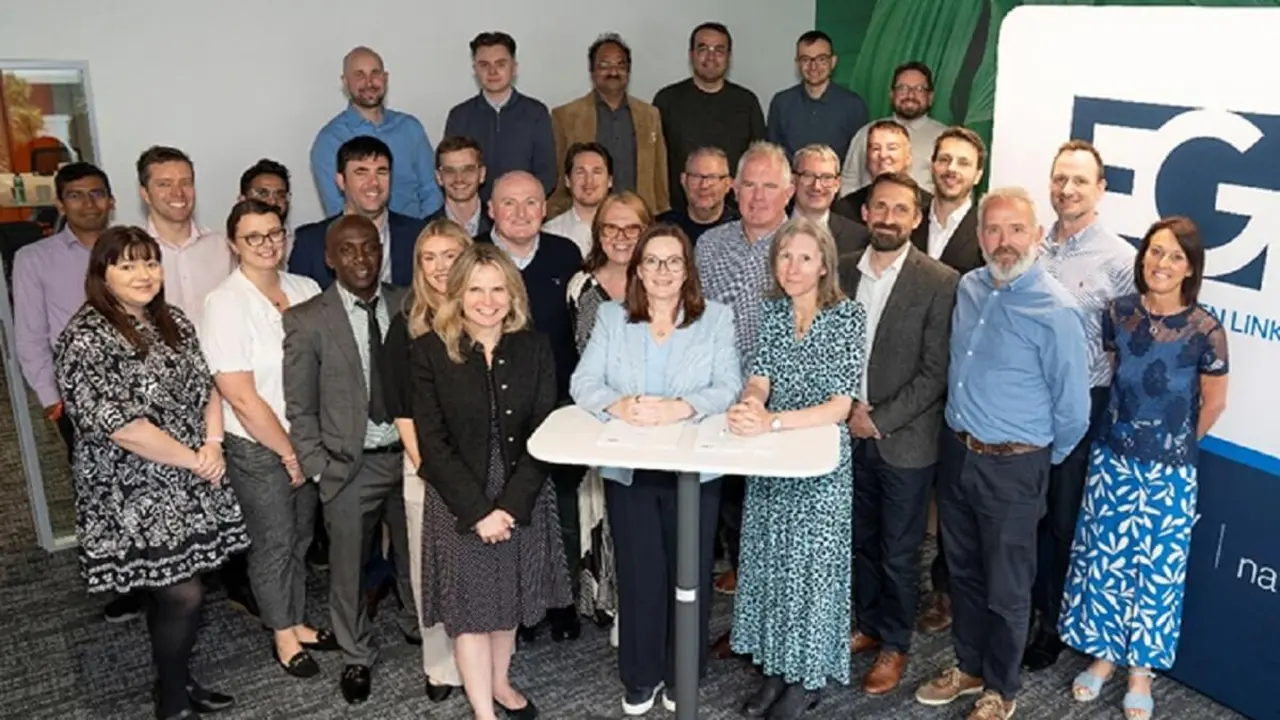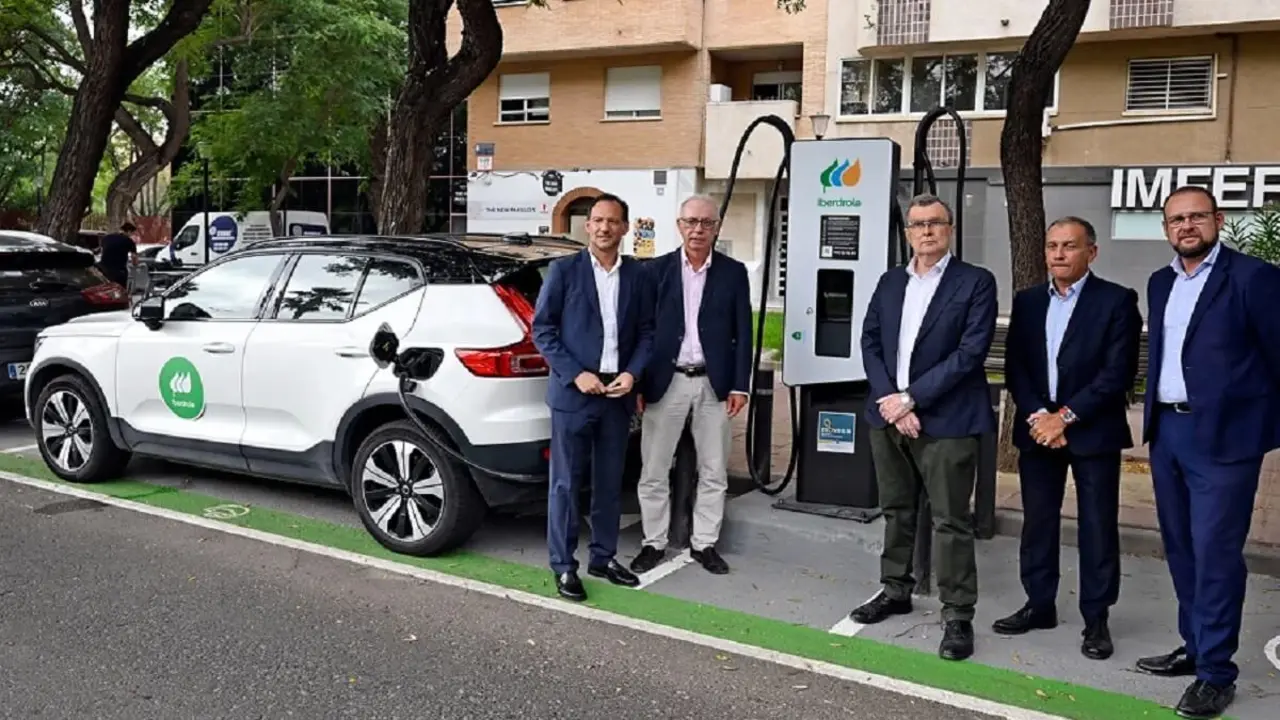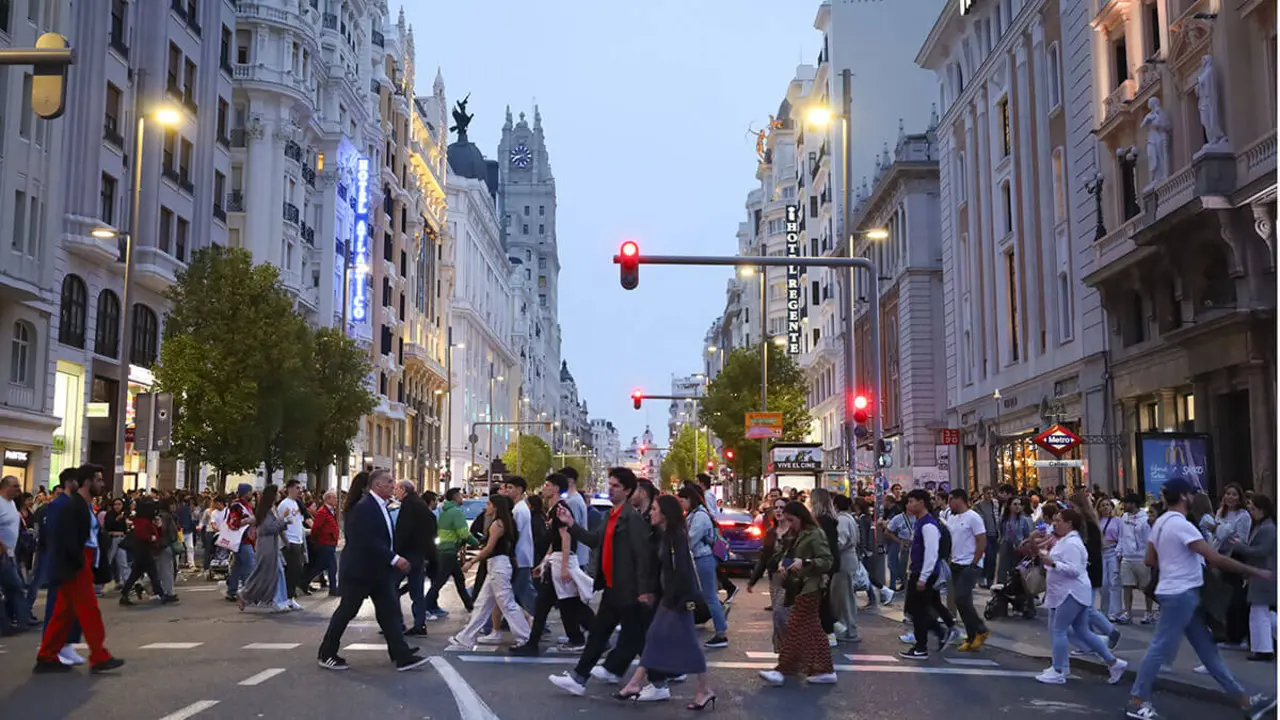Gilad Erdan: “Nuestra mentalidad de consumo actual no es sostenible”

The COVID-19 pandemic has, among many other things, accentuated problems that international society had been dragging along for some time. One of these is, of course, unequal access to various resources, as is currently happening with unequal access to vaccines and, therefore, an imbalance in the fight against the virus. But one of the factors that has been most severely affected since the outbreak of the pandemic has been access to food resources, causing hunger levels around the world to rise exponentially. This is precisely why it is necessary to make changes to an unequal and unsustainable consumption model that has now been severely affected by the effects of COVID-19.
"A hungry man is an angry man' is how Omar Hilale, permanent representative of the Kingdom of Morocco to the United Nations, defined the problem of hunger. He was speaking at the event 'Planting for the Future: Food Security and Innovative Agriculture', organised by MASHAV, Israel's international development cooperation agency, which is part of the Israeli Ministry of Foreign Affairs. "Food is as important as energy or security," said Hilale, who moderated a presentation that focused on the difference in access to resources.

Leaving no one behind is one of the things that most concerns society today. We want to move forward, we want to develop new paths in search of a different model that will change this self-destructive trend that we have been creating for years, but we have to do it through cooperation. Because, as the Israeli ambassador to the United States and the UN, Gilad Erdan, rightly pointed out, "we are facing a very important threat" and one of the first things we must look at is the way in which we consume our resources since, according to the ambassador, the challenge is to "produce more while consuming less".
This commitment to the rest of the countries that do not currently have the same opportunities as the more developed countries is what needs additional support in one of the most complicated times in recent memory. Mohamed Methqal, ambassador and director general of the Moroccan Agency for International Cooperation (AMCI), spoke of his country's absolute commitment to make every available means available to help all those countries that have suffered the most from the effects of the pandemic in a much more accentuated way, because, he said, it is everyone's responsibility to seek "a real balance between all the countries of Africa".

Before the arrival of the pandemic that has decimated the situation of all countries in the world without exception, the situation was already at very high risk with regard to hunger on our planet and access to food resources. This trend has only worsened as the figures for the last few years are not much better. "We cannot allow world hunger to continue to grow as it is now," explained Eynat Shlein, head of MASHAV and deputy director general of the Agency for International Development. She added that the fight against climate change must go hand in hand with the change in the consumption model that the Israeli ambassador Gilad Erdan spoke of at the beginning.
Adaptation in a challenge such as this must be joint, based on the cooperation of all countries, understanding and reciprocal help in order to bring common policies to a successful conclusion. It is clear that most developed countries have the responsibility to take the lead in heading a new chapter in the way we live and, above all, in the way we consume. Once that is done, we can share it and get the aid to those who need it most, as Eynat Shlein explained.








